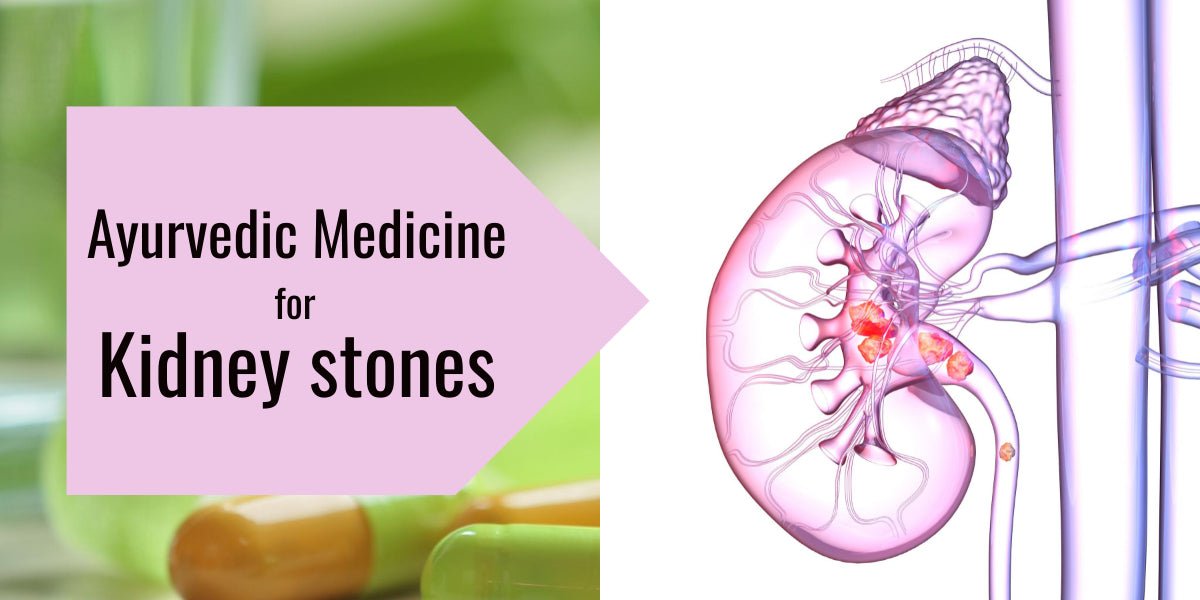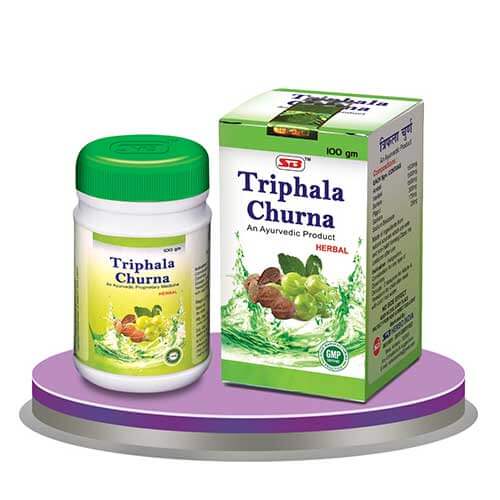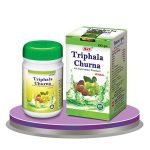Kidney stones are solid crystalline deposits that form in the kidneys. They can vary in size and shape and are composed of substances like calcium, oxalate, and uric acid. Kidney stones can cause intense pain and discomfort as they pass through the urinary tract. Common symptoms include severe abdominal or back pain, blood in the urine, and frequent urination.
There are four types of kidney stones:

1. Calcium oxalate
2. Uric acid
3. Struvite
4. Cystine
Kidney stone is more common in males as compared to females. Approximately one in ten people have a kidney stone at some point in their lives.2 It is advised to get kidney stones diagnosed by a medical expert so that appropriate steps can be taken according to the type of stone detected. Here are some home remedies that focus on effective solutions for kidney stones.
What Causes Kidney Stones?
The general causes of kidney stones are as follows:
- Drinking too little water
- Eating animal protein or food that is high in sodium
- A calcium deficit diet increases the level of other substances that causes kidney stones
- Certain medications like diuretics and calcium-based antacids
- People with hypercalciuria are likely to develop kidney stones
- Health conditions like
- Obesity
- Inflammatory bowel disease
- Hyperparathyroidism
- Gout
- Type 2 diabetes
- Kidney disease
- Recurrent urinary tract infections
- Genetic changes increase the risk of kidney stones
- Weight loss surgery
- Infections in the urinary tract
- Family history
- Diet with high content of salt or sugar (especially fructose)
Kidney stone symptoms:
Symptoms of kidney stones can vary depending on the size and location of the stone. Common symptoms include:
-
Intense pain: This is the hallmark symptom of kidney stones. The pain typically starts in the back or side, below the ribs, and radiates to the lower abdomen and groin area. The pain can come in waves and may be excruciating.
-
Hematuria: Blood in the urine is a common symptom of kidney stones. The urine may appear pink, red, or brown.
-
Frequent urination: Kidney stones can irritate the bladder and cause increased frequency of urination. The urge to urinate may be persistent.
-
Urgency to urinate: Along with frequent urination, there may be a strong and urgent need to urinate.
-
Cloudy or foul-smelling urine: Kidney stones can cause changes in the appearance and odor of urine.
-
Nausea and vomiting: Some people with kidney stones may experience nausea and vomiting due to the severe pain or as a result of the body's response to the obstruction caused by the stone.
-
Fever and chills: If a kidney stone causes an infection or blocks the flow of urine, it can lead to fever and chills.
Kidney stone pain:
Kidney stone pain is often described as one of the most severe types of pain experienced. The intensity and location of the pain can vary depending on the size and position of the stone.
The pain typically starts suddenly and can come in waves, increasing in intensity. It is commonly felt in the back or side, below the ribs, and may radiate to the lower abdomen and groin area. The pain is often described as sharp, stabbing, or cramping. Some individuals compare it to the pain of or being stabbed with a knife.
Home Remedies for Kidney Stones:
1. Water:
Even though this is an obvious solution, staying hydrated may be one of the most effective remedies for kidney stones. Increasing the amount of water intake leads to increased urine output. It may also help in flushing out smaller kidney stones. Increasing the urine output prevents the concentration of the product, thereby decreasing the chances of kidney stones.
2. Green Tea:
Green tea (Camellia Sinensis) may be used to treat kidney stones. It may help reduce the deposition of calcium in the kidney. It may also decrease oxalate excretion in urine. Increased fluid intake may also help in the formation of clear urine.
3. Pomegranate:
Pomegranate is a source of active phytochemicals which may ease the burning sensation in urine. The phytochemicals may also show muscle relaxant properties, resulting in the removal of stones from the kidney. Drinking fresh pomegranate juice may help manage kidney stones.
4. Coconut:
Coconut water may help us feel refreshed and energized, but it also has medicinal properties. Drinking coconut water may show diuretic properties (increase urine output) and help you flush out kidney stones. A paste made of coconut flowers, taken along with curd, may also be effective against kidney stones.
5. Dietary changes:
By the following changes in the diet, you can keep your urine clean and avoid the concentration of products that may lead to the formation of kidney stones.
Increase fluid intake, including juices.
Avoid fizzy drinks
Avoid excess salt in your diet
Try adding a few drops of lemon juice to the water you drink3
6. Common fig:
Common fig, also known as anjeer, is taken for its multiple health benefits. You can make anjeer water to help with kidney stones. Boil anjeer with some water for five to ten minutes. Pour the water into a cup. Drinking this water may help you relieve kidney stones.
7. Lemon juice:
You can add freshly squeezed lemons to your water as often as you like. Lemons contain citrate, which is a chemical that prevents calcium stones from forming. Citrate can also break up small stones, allowing them to pass more easily.
A great deal of lemon juice would probably be needed to make a huge effect, but some may help a little.
Lemon juice has numerous other health benefits. For example, it helps inhibit bacteria growth and provides vitamin C.
8. Bay leaf:
Bay leaf, or Tej Patta in Hindi, is a common spice in Indian kitchens. This herb is also known to possess medicinal properties. You can make some bay leaves tea for kidney stones. To make the tea, boil some leaves along with some cardamom in water. Reduce the water to one-third of its initial amount. Strain the tea in a cup. Drinking this tea may help relieve and prevent the formation of kidney stones.
Though studies show the benefits of the given herbs and home remedies for treating kidney stones, these are insufficient. Therefore, there is a requirement for large scale clinical studies to the true extent of the benefits of these home remedies on human health. Thus, these should only be taken cautiously and never as a substitute for medical.















